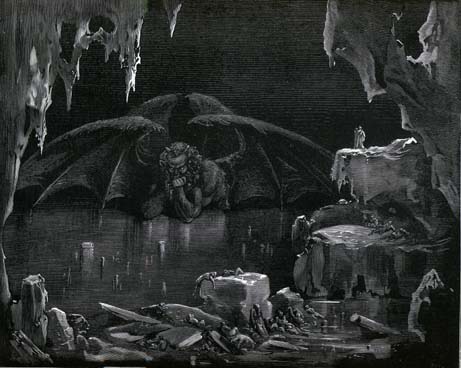Several Scholars went to steal Rabbits, and by the Way they warn’d a Novice among them to make no Noise, for fear of scaring the Rabbits away. At last, he espying some, said aloud in Latin, Ecce Cuniculi multi! and with that the Rabbits ran into their Boroughs: Wherewith his Fellows offended, and chiding him for it, he said, Who the Devil would have thought the Rabbits understood Latin!
— The Jester’s Magazine, 1767



